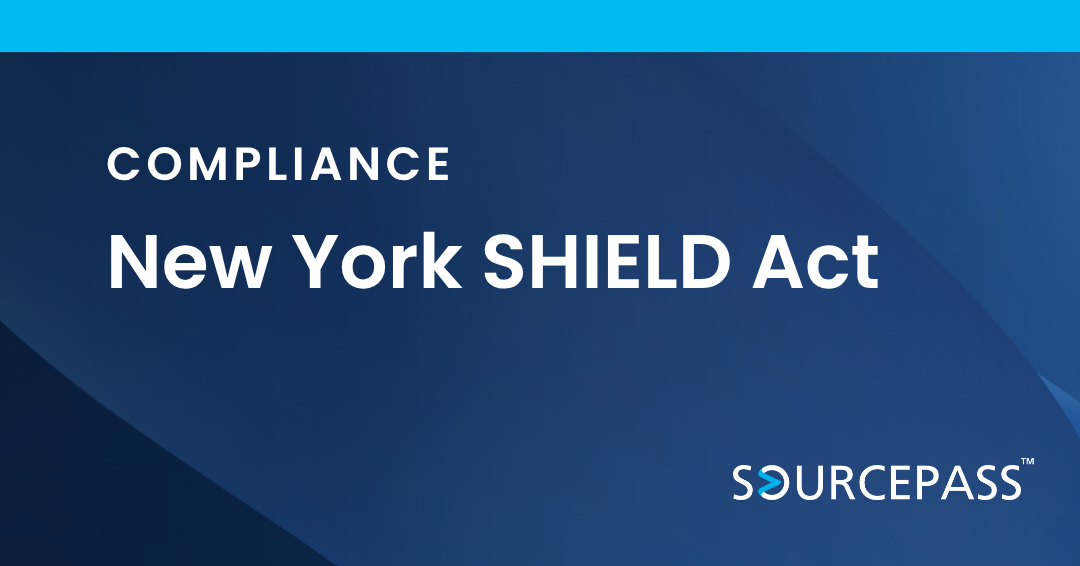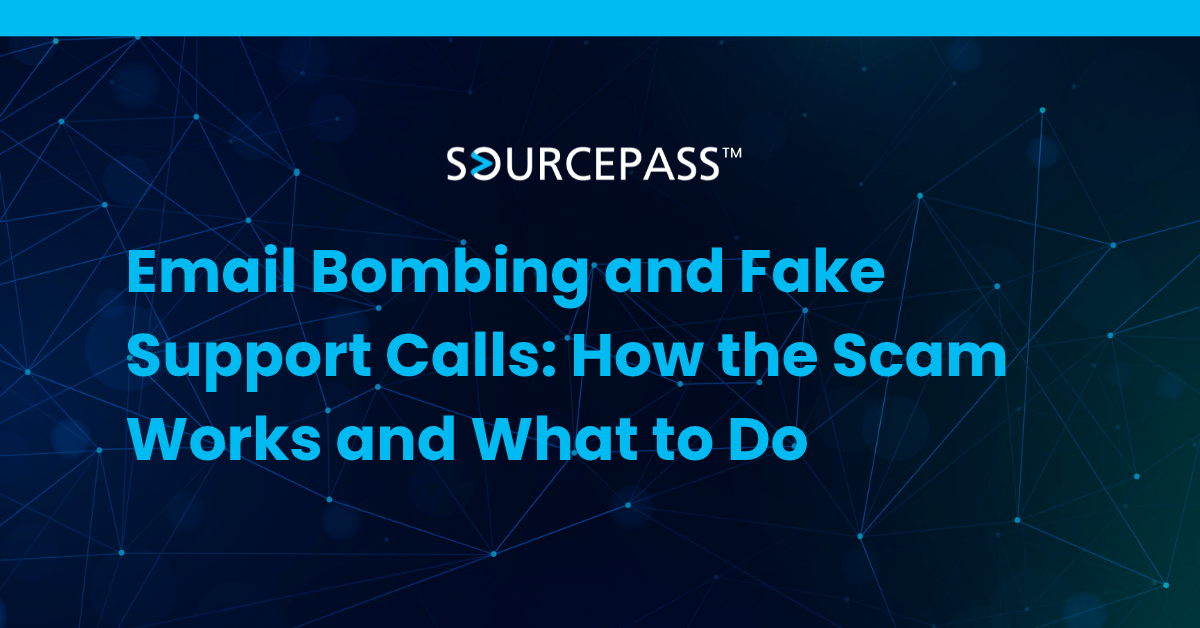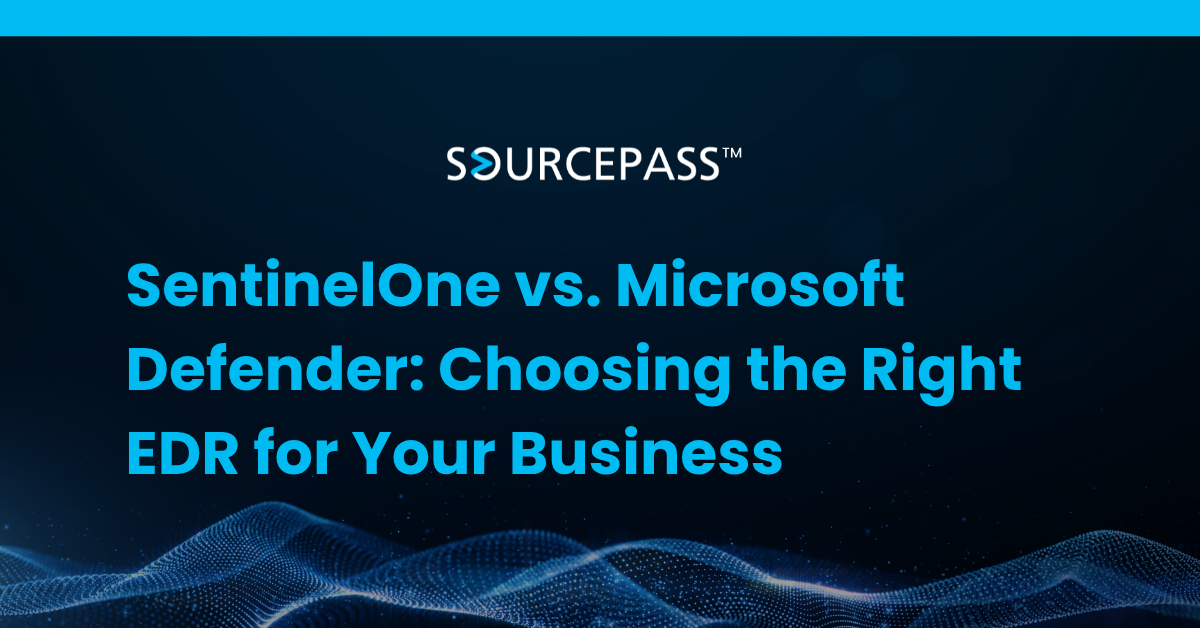Understanding the New York SHIELD Act: Compliance and Cybersecurity Requirements
Jul 14, 2025 Alex Davis Compliance Regulations 3 min read



In an age where data breaches are becoming increasingly common, protecting consumer information is more critical than ever. The New York Stop Hacks and Improve Electronic Data Security (SHIELD) Act, enacted in March 2020, is a landmark data protection law that requires businesses to implement stronger cybersecurity measures to protect New York residents' personal information.
For businesses operating in or serving New York, compliance with the SHIELD Act is essential—not only to avoid penalties but also to protect consumer trust and ensure robust cybersecurity practices. This article covers:
- What the SHIELD Act is
- Industries affected
- Compliance requirements and key components
- How IT and cybersecurity teams ensure SHIELD Act compliance
What is the New York SHIELD Act?
The New York SHIELD Act (Stop Hacks and Improve Electronic Data Security) amends New York’s existing data breach notification laws and imposes new data security requirements. Its primary goal is to:
- Enhance consumer data protection
- Expand the definition of private information
- Require businesses to adopt reasonable cybersecurity measures
The SHIELD Act applies to any business that collects personal data from New York residents, regardless of where the business is located. This means companies outside of New York that process New York residents' data must also comply.
Key Provisions of the SHIELD Act
1. Expanded Definition of Private Information
The SHIELD Act broadens the definition of personal information to include:
- Biometric data (fingerprints, retina scans)
- Usernames and passwords
- Financial account numbers (with or without access codes)
- Credit/debit card information
- Email addresses (when linked with authentication credentials)
2. Breach Notification Requirements
- Businesses must notify affected individuals and the New York Attorney General of any data breach that compromises private information.
- Unauthorized access—not just data theft—is now considered a breach.
3. Data Security Safeguards
- Businesses must implement reasonable administrative, technical, and physical safeguards to protect consumer data.
Industries Affected by the SHIELD Act
The SHIELD Act applies to any business handling the personal data of New York residents, but these industries are particularly affected:
- Technology & SaaS Providers
-
- Cloud service providers, SaaS platforms, and IT firms must follow strict data encryption, access controls, and security auditing guidelines.
- Healthcare & Life Sciences
-
- While HIPAA-covered entities have overlapping protections, telehealth, medical research, and fitness apps handling biometric data must meet SHIELD Act standards.
- Financial Services
-
- Banks, credit unions, and fintech firms must protect financial information and ensure secure digital transactions.
- E-Commerce & Retail
-
- Companies collecting payment data and customer accounts must establish data encryption and incident response plans.
- Legal & Professional Services
-
- Law firms handling client data and confidential records must comply with the SHIELD Act’s cybersecurity requirements.
Compliance Requirements & Key Components
To meet SHIELD Act requirements, businesses must implement reasonable cybersecurity practices across three areas: administrative, technical, and physical safeguards.
1. Administrative Safeguards
These policies focus on processes and procedures to manage data security:
- Designate a Data Security Program Manager
- Perform risk assessments of potential data vulnerabilities
- Conduct employee training on cybersecurity best practices
- Monitor and enforce vendor compliance (third-party security controls)
2. Technical Safeguards
IT systems must incorporate advanced security measures to prevent unauthorized access:
- Access Controls – Limit data access to authorized personnel through Role-Based Access Control (RBAC)
- Encryption – Encrypt sensitive data both in transit and at rest
- Network Monitoring – Implement intrusion detection systems (IDS) and SIEM for real-time monitoring
- Multi-Factor Authentication (MFA) – Enforce MFA for accessing critical systems
3. Physical Safeguards
These requirements ensure secure handling and disposal of physical devices:
- Secure on-site and off-site storage facilities
- Implement a device destruction policy for old hardware (e.g., shredding hard drives)
- Control physical access to sensitive systems and data centers
How IT & Cybersecurity Teams Ensure SHIELD Act Compliance
Compliance with the SHIELD Act requires a holistic cybersecurity approach. IT and cybersecurity professionals play a critical role in ensuring legal and technical standards are met.
- Conduct Data Mapping & Inventory
- Identify and classify personal data collected from New York residents.
- Map data flows to understand how information moves through internal and third-party systems.
- Implement Incident Response & Breach Notification Plans
- Create a formal incident response plan (IRP) with defined procedures for identifying, containing, and remediating security incidents.
- Ensure prompt breach notifications within the SHIELD Act’s requirements.
- Secure Access Controls & Data Encryption
- Apply least-privilege access to restrict access to sensitive data.
- Use end-to-end encryption for personal information stored on-premises or in the cloud.
- Conduct Regular Security Assessments
- Perform annual penetration testing to identify vulnerabilities.
- Implement continuous monitoring tools like SIEM to track suspicious activity.
- Third-Party Risk Management
- Audit and verify vendor compliance with SHIELD Act standards.
- Include data protection clauses in third-party contracts.
Penalties for Non-Compliance
Non-compliance with the SHIELD Act can result in significant financial and legal penalties:
- Fines of up to $5,000 per violation for failure to adopt proper security measures.
- Increased legal liability for data breaches affecting New York residents.
- Reputational damage resulting from public disclosure of data breaches.
SHIELD Act vs. Other Data Protection Laws
The SHIELD Act shares similarities with other data privacy laws but has unique features:
|
Feature |
SHIELD Act |
GDPR (EU Law) |
CCPA (California) |
|
Scope |
New York residents’ data |
European Union residents |
California residents’ data |
|
Breach Notification |
Required |
Required within 72 hours |
Required |
|
Third-Party Liability |
Required |
Required |
Required |
|
Data Security |
Reasonable safeguards required |
Strong technical controls |
Reasonable cybersecurity |
|
Penalties |
$5,000 per violation |
Up to €20 million or 4% of global revenue |
$7,500 per intentional violation |
Conclusion
The New York SHIELD Act sets a high standard for protecting consumer data and enforcing cybersecurity best practices. For businesses handling personal information from New York residents, compliance means:
- Implementing administrative, technical, and physical safeguards
- Strengthening access controls, encryption, and breach response
- Conducting regular audits and vendor risk assessments
By aligning IT and cybersecurity strategies with the SHIELD Act, organizations can mitigate legal risks, protect consumer data, and build trust in today’s digital age.
Is your business SHIELD Act compliant? Prioritize data protection today to safeguard your organization and your customers.
Subscribe To
Sourcepass Insights
Sourcepass Insights
Stay in the loop and never miss out on the latest updates by subscribing to our newsletter today!


